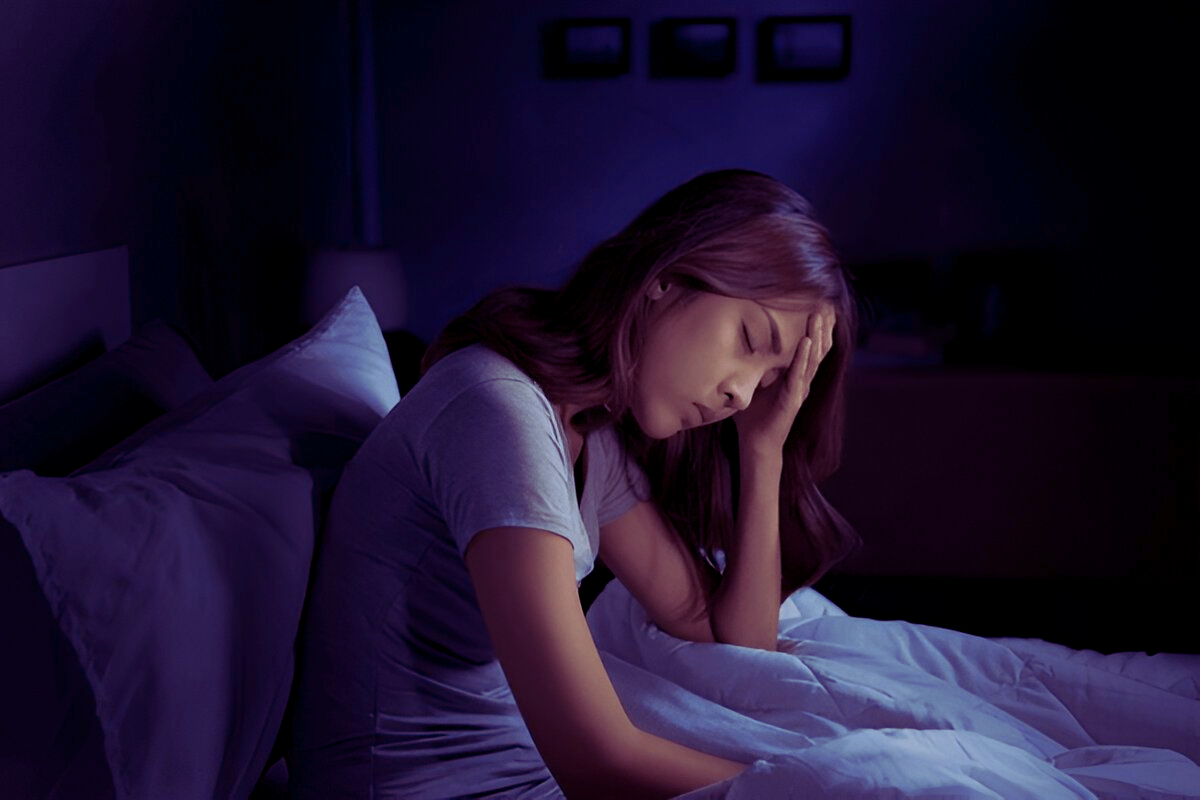Why Lack of Sleep Causes Headaches and How to Prevent Them: In today’s fast-paced world, many individuals sacrifice sleep to meet various demands. However, insufficient sleep can lead to several health issues, including headaches. Understanding how lack of sleep contributes to headaches is essential for maintaining overall well-being.
How Does Sleep Deprivation Cause Headaches?
Sleep deprivation can trigger different types of headaches:
- Tension Headaches: Lack of sleep can cause muscle tension, leading to dull, tightening pain around the head.
- Migraines: Sleep disturbances are closely linked to migraines, which present as intense, throbbing pain, often accompanied by nausea and sensitivity to light or sound.
- Cluster Headaches: These are severe headaches that occur in cyclical patterns and can be triggered by irregular sleep schedules. koalasleepcenters.com
Scientific Evidence Supporting the Connection
Research has established a solid relationship between sleep problems and various headache disorders:
- A study involving 25 healthy subjects found that sleep loss of 1-3 hours for 1-3 nights caused headaches lasting from 1 hour to all day.
- The Sleep Foundation reports that sleep deprivation can disrupt REM sleep and produce proteins that lower a person’s pain threshold, triggering migraines. sleepfoundation.org
Managing and Preventing Sleep-Related Headaches
To reduce the risk of headaches associated with sleep deprivation, consider the following strategies:
- Maintain a Consistent Sleep Schedule: Going to bed and waking up at the same time daily helps regulate the body’s internal clock.
- Create a Restful Environment: Ensure your sleeping area is quiet, dark, and cool to promote better sleep quality.
- Limit Caffeine and Screen Time: Reducing caffeine intake and avoiding screens before bedtime can improve sleep onset and quality.
- Manage Stress: Incorporate relaxation techniques such as meditation or deep breathing exercises to alleviate stress that may interfere with sleep.
When to Seek Medical Attention
If headaches persist despite improving sleep habits, consult a healthcare professional. Chronic headaches may indicate underlying conditions that require medical intervention.
Understanding the relationship between sleep deprivation and headaches is crucial. Prioritizing adequate sleep can significantly reduce the occurrence of headaches and enhance overall health.

